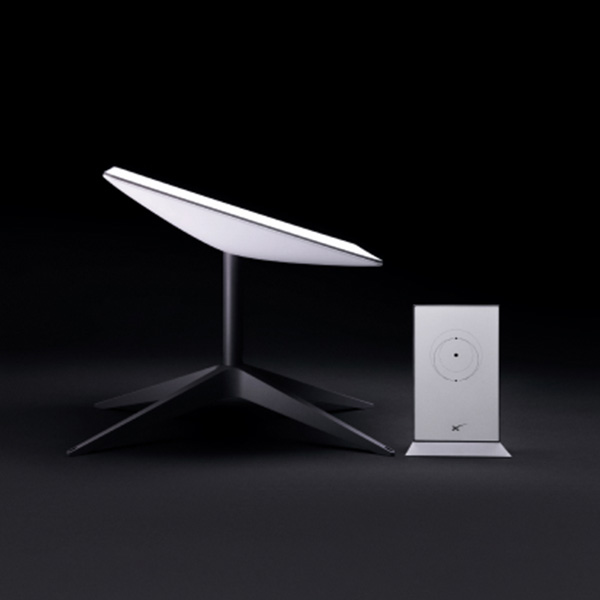In the last decade, the retail space in Nigeria have recorded astronomic growth as investments, from both foreign and local players, has been pouring in unending. At a recent event, Chief Executive Officer of Broll Nigeria, a real estate services company, Mr. Bolaji Edu, gave a clear indication of how much thing have changed in that segment when he disclosed that retail malls in the country have increased by 905 per cent in the last 10 years.
From just two modern shopping malls of 30,000 square metres in Lagos, the sector grew to over 300,000m2 in 2015 and is projected to reach 301,780m2 by end of 2016. Edu noted that despite the economic downturn which has slowed down many other sectors in the country, the next 10 years had the potential for more growth and opportunities for the industry.
“The last 10 years have seen a boom in retail real estate and the country now boasts of over 300,000m2, which represents a 905 per cent growth,” he said.
Of course, no brand is emblematic of this growth more than Shoprite Holdings Ltd, owners of Shoprite, whose investment in Nigeria in the last 10 years of its entry in Nigeria continues to grow with intensity. The brand has been spreading sporadically in Nigeria with about 40 outlets scattered across Nigeria.
With over 700 outlets Shoprite is Africa’s largest retailer. And while a bigger number of its outlets are in South Africa, the franchise is now committed to more investment in Nigeria, being Africa’s biggest market with about 170million population and the continent’s biggest potential for growth. Shoprite’s Chief Executive, Whitey Basson, stated in an interview with Reuters that, “Nigeria can support the same number of supermarkets as South Africa,” considering the sustainability of steadily growing the nation’s population of upwardly mobile individuals.
Another top player in the mix is Spar, the world’s largest food retailer, with about 20,000 stores in 35 countries, which has also opened nine stores in Lagos, Abuja and Port Harcourt. Not left out is U.S. retailer Wal-Mart, which bought majority stake in South African retailer Massmart, citing growth prospects in Africa, with Nigeria as key target. From the local scene are Addide, Goodies, Justrite, and Park ‘n’ Shop, which are rapidly expanding retail footprints in medium income neighbourhoods across the country.
The emergence of malls as economic centers has been instrumental to the exponential growth in Nigeria’s electronic payment system via the deployment of POS terminals at the malls. This has in turn boosted the cashless policy in Nigeria as an increasing number of Nigerians use their cards to make transactions. This has also encourages investment in the online retail segment where several hundreds of millions of dollars have been attracted into the country through major brands like Konga, Jumia, Yudala, Payporte, Jiji etc.
The rise of Nigeria’s middle class, emboldened by increasing economic opportunities, has triggered considerable consumer spending that is driving the need for shopping malls where world-class products and services will be available, all under one roof.
Before the turnaround in the domestic retail market, Dubai, South Africa, and UK had become preferred travel destinations for Nigerians seeking a good bargain, convenience and pleasure. In 2014, Nigerian shoppers were the fourth-biggest contributor to overseas tax-free shopping in the U.K, according to Global Blue, a tourism services provider, just behind China, Russia and the Middle East. Suits, formal wear, jewelry, cosmetics and children’s wear topped the list on the West Africans’ shopping priorities.
However, the present economic downturn has thrown up some challenges that threatens further growth in the sector. Actually, the forex dilemma even caused some investors to rethink their entry into the Nigerian market. Mr. Adeniyi Adeleye Head, Real Estate Finance, West Africa, Stanbic IBTC, gave credence to this scenario when he recently said that investment in retail malls had recently been retracted due to the challenges in the economy, but that there was a need for more investment as the sector had vast opportunities for employment generation.
Other stakeholders have stressed that government must be careful not to discourage investors with unfriendly policies. Mr. Gavin Cox, Retail Portfolio Executive, Broll Nigeria, frowned at the recently reversed forex policy that made it extremely difficult for companies to have access to forex. Restricted access to foreign exchange; the ban of items directly linked to real estate from the official forex window; and weakening naira on the black market were some of the challenges undermining growth in the shopping mall space, he said.






Comment
No comments found.